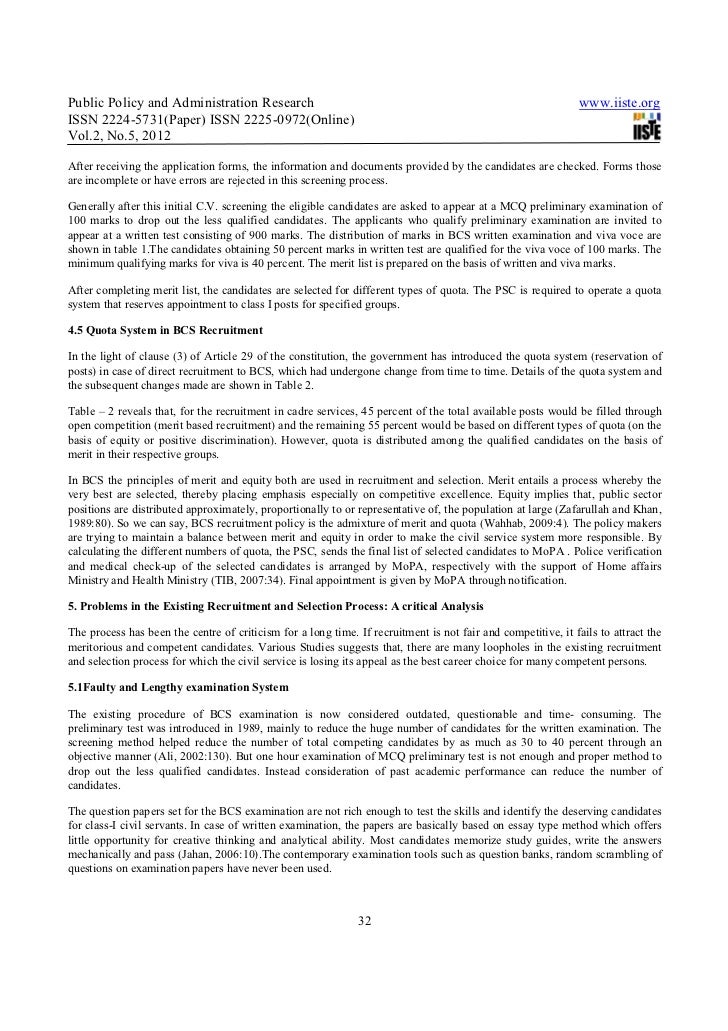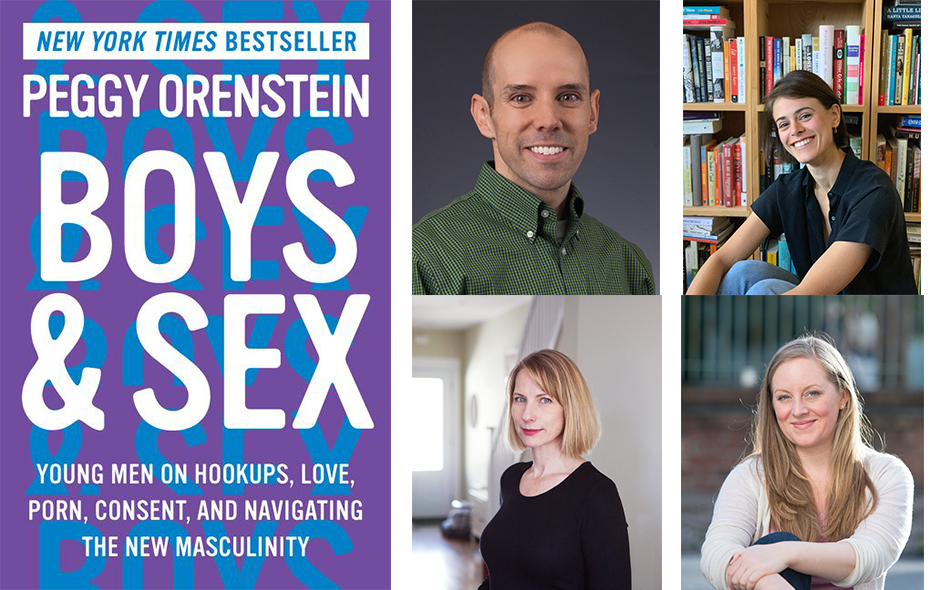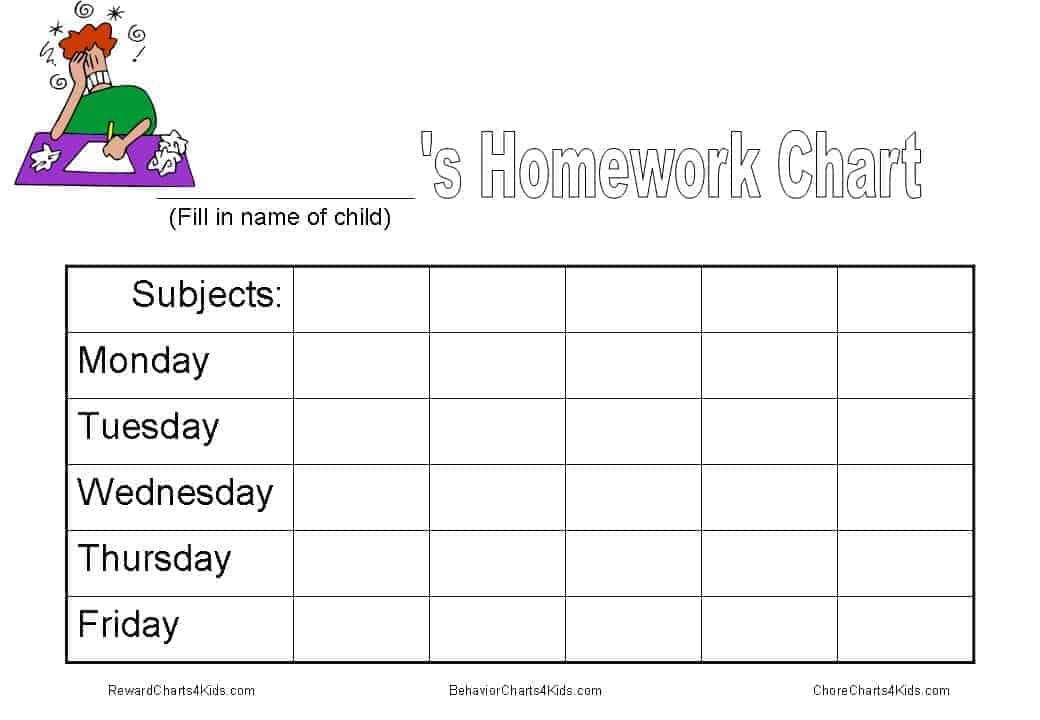Ambivalence: New Research on Co-Sleeping in the United.
The latest bed-sharing research is outlined here. For guidance on discussing co-sleeping with parents, read our Co-Sleeping and SIDS: A Guide for Health Professionals leaflet. Trends in Breastfeeding Interventions, Skin-to-Skin Care, and Sudden Infant Death in the First 6 Days after Birth.
There has been much controversy surrounding the practice of co-sleeping or sleep sharing as it is also known. In all societies prior to the late 1700’s co-sleeping was a normal practice. To this day co-sleeping is practiced in about 90 percent the world. Solitary infant sleeping is primarily a practice of western culture and is a relatively.

Editor's note: This essay describes a parent's expirience with and research into bed sharing. To learn more about the American Academy of Pediatrics safe sleep recommendations please visit the AAP.Like many parents, we began co-sleeping by necessity. Most women find that they bring the baby into the.

However, the relationship between co-sleeping and parent-reported night awakenings is not consistently found in cultures where co-sleeping is the most popular sleeping agreement (see Section I.E). Studies of co-sleeping that move beyond parent report are sparse. To our knowledge, there is only one research team that has assessed infant and.

Unfortunately, the terms co-sleeping, bed sharing, and a well-known dangerous form of co-sleeping, couch or sofa co-sleeping, are mostly used interchangeably by medical authorities, even though these terms need to be kept separate. It is absolutely wrong to say, for example, that “co-sleeping is dangerous” when room sharing is a form of co.

Co-sleeping research conducted in the U.S. (where co-sleeping is widely regarded as odd, if not dangerous) is heavily influenced by the relatively high value Americans place on independence, technology, consumerism, and parents’ needs for time and privacy. Work done in other cultures, on the other hand, is more likely to look at the benefits of co-sleeping and emphasize the needs of infants.
/1958_autobiography_F1497_225.jpg)
In fact, a lot of cultures around several countries have participated within the practice for years. Some opponents disagree that there are risks inherent in co sleeping which must not be neglected. That is why it is very important to weigh in co sleeping pros and cons.

Bed-Sharing and Co-Sleeping: Research Overview Dr. Sears Addresses Recent Co-Sleeping Concerns Co-Sleeping Safety Share this:TwitterFacebookLike this:LikeBe the first to like this post. This entry was posted in Attachment Parenting and tagged attachment parenting, bed time, bed-sharing, breastfeeding, challenging, co-sleeping, sleep. Bookmark.

Infant co-sleeping is a highly controversial topic of debate in our society. There are many valid reasons as to why infant co-sleeping is an appropriate practice based upon many different things, some to include research, culture and personal opinion. And there are just as many reasons to recede that claim and support that co-sleeping is.

Professor James J. McKenna’s Mother-Baby Behavioral Sleep Laboratory at Notre Dame studies how sleeping and co-sleeping environments affect mothers, breastfeeding, and infants’ physiological and psychological well-being and development.

A number of risks face co-sleeping x age group (Australian group) that sleep on the same bed with animal pets. First, co-sleeping increases the effect on sleeping the daytime. The degree of co-sleeping differs in durations per night and frequency. Some x group who spend every night co.

Con: Co-Sleeping; Angelica Sewake. The research paper will examine the effects of co-sleeping. The definition of co-sleeping is, “The standard custom in collectivist cultures, of having a child and parent share a bed” (Belsky, 2010, 87).

What if we simply looked at what scientific research says about co-sleeping and sleep training and everything in between and then looked at our personal family situation to make the best decision?



.jpg)